- Home
- slideshows
- miscellaneous
- 10 female-founded startups that are expected to take off in 2018
10 female-founded startups that are expected to take off in 2018
Maven is a telemedicine company that provides digital solutions for women's health.

Shippo, which was founded five years ago by Laura Behrens Wu, helps small businesses mail out packages with ease and efficiency.
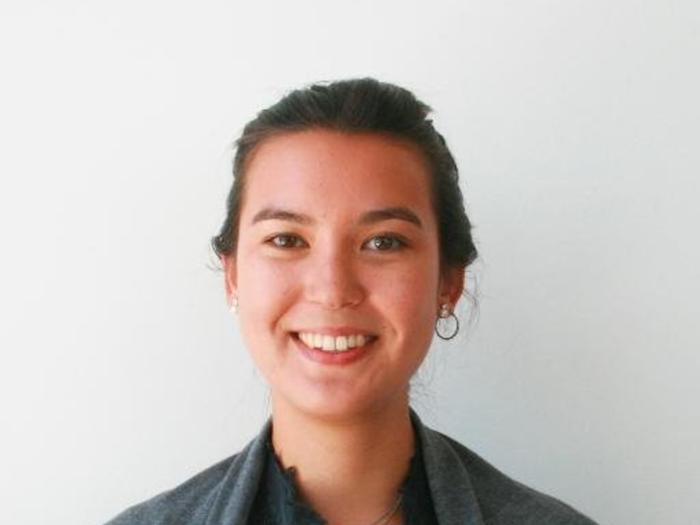
Founder: Laura Behrens Wu
Funding: $20 million Series B
What it does: Shippo connects businesses with a network of shipping carriers worldwide.
Why it's taking off: Shippo is tackling the e-commerce industry by providing a way for small businesses to send out goods with the efficiency of Amazon.
Glossier is redefining the online cosmetics marketplace.

Founder: Emily Weiss
Funding: Since 2015, Glossier has raised $86.4 million.
What it does: Glossier is an online cosmetics marketplace.
Why it's taking off: In just three years, Glossier has overtaken a sizeable portion of the cosmetics market with its direct-to-consumer approach to beauty products.
Amy Chang quit her job at Google to found Accompany, a platform that's geared toward up-and-coming professionals.
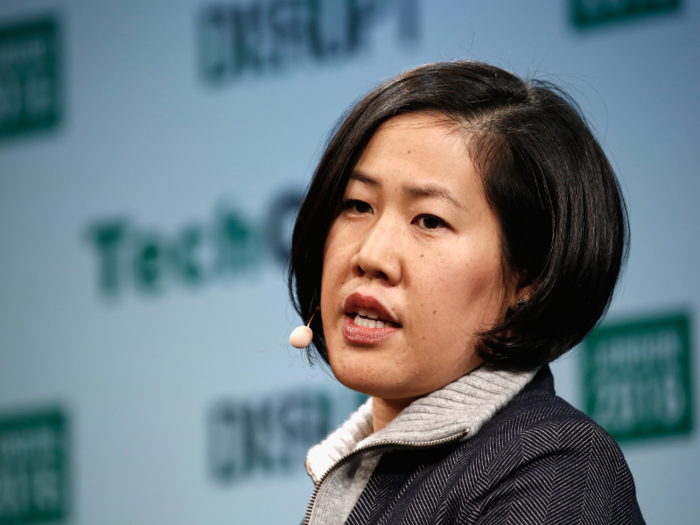
Founder: Amy Chang
Funding: $20 million Series B led by Ignition Partners.
What it does: Accompany's social platform provides relevant, up-to-date information so that people can network more effectively.
Why it's taking off: Accompany hopes to replace Google and LinkedIn as the go-to destination for finding information on professional contacts.
The Muse co-founder Kathryn Minshew faced nearly 150 rejections before the company received funding in 2011.
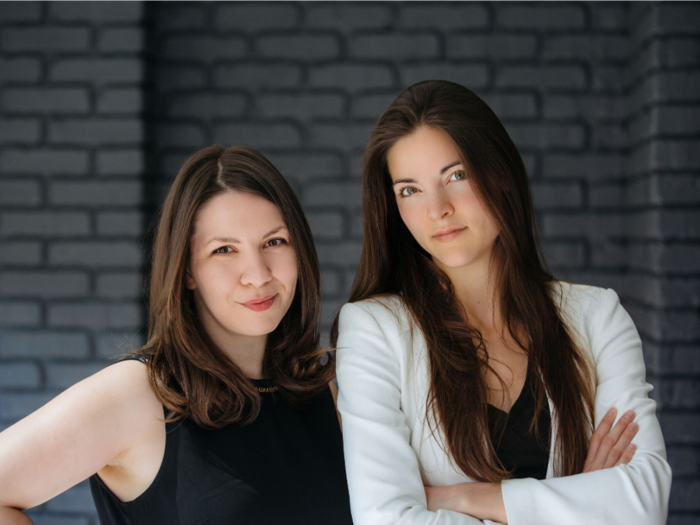
Founders: Alex Cavoulacos, Kathryn Minshew, Melissa McCreery
Funding: Since it was founded in 2011, the Muse has raised $28.7 million.
What it does: The Muse is a career advice and job search site.
Why it's taking off: Aside from its growing database of job openings and resources for career advice, The Muse is having a significant impact on the professional career coaching market.
Liz Wessel worked at Google and Anheuser-Busch before founding her own company.
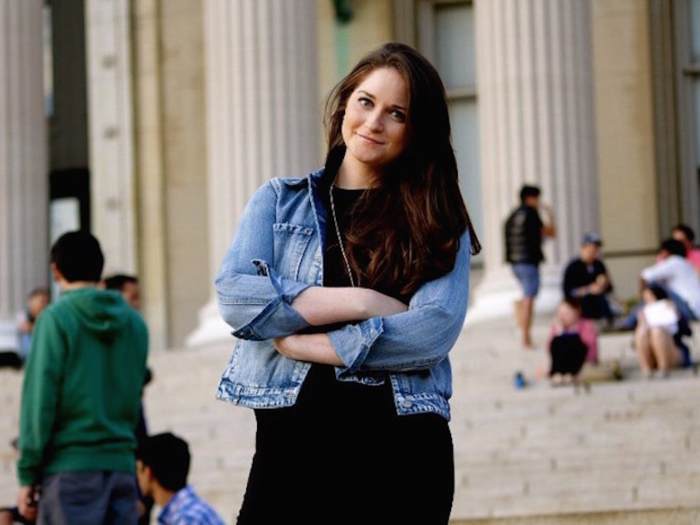
Founders: Liz Wessel
Funding: Last year, WayUp raised $18.5 million in a Series B led by Trinity Investors.
What it does: WayUp helps recent grads find internships and entry level job opportunities.
Why it's taking off: WayUp is attempting to gain a slice of LinkedIn's market share by providing professional opportunities geared toward the up-and-coming workforce.
Plus-size fashion site Dia & Co has plans to tackle a $21 billion market.

Founders: Lydia Gilbert and Nadia Boujarwah
Funding: Sequoia Capital led Dia & Co's most recent funding round for $20 million.
What it does: Dia & Co is an online fashion marketplace for plus-size women.
Why it's taking off: Gilbert and Boujarwah believe that plus-size women have been overlooked by traditional fashion retailers for long enough. They're planning on overtaking the plus-size fashion industry by providing personalized styling and boutique fashion.
Gobble promises that it will take you less than 10 minutes to cook its meals.
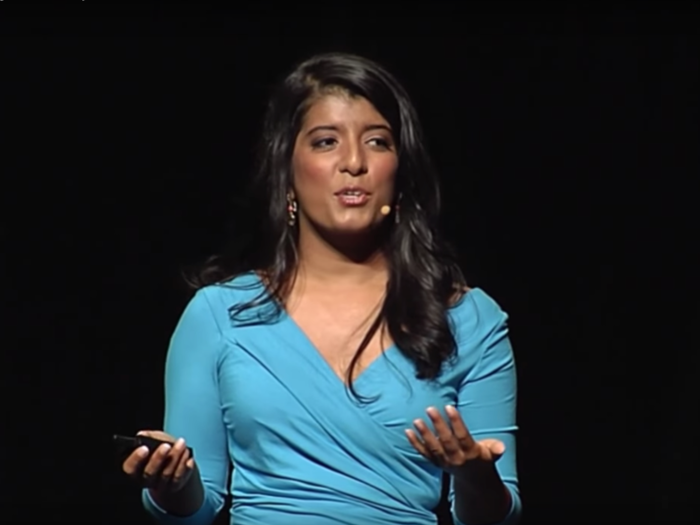
Founders: Ooshma Garg
Funding: Khosla Ventures led Gobble's $15 million Series B in October.
What it does: Gobble is a grocery delivery service that provides ready-to-make meals.
Why it's taking off: Already, Gobble is serving millions of meals a year. Garg, who studied engineering at Stanford, says the company's precise data lets it sharpen and hone its product at a competitive pace.
Lola has big plans to disrupt the feminine products marketplace.
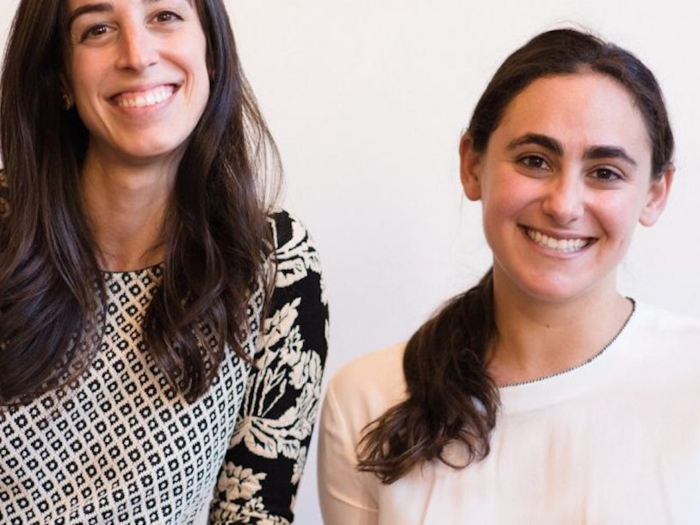
Founders: Alexandra Friedman and Jordana Kier
Funding: Spark Capital led Lola's $7 million Series A.
What it does: Lola is a subscription-based service that delivers organic feminine products.
Why it's taking off: Lola's organic pads and tampons are catching on with the millennial market.
Tracy Young co-founded PlanGrid, an San Francisco-based company that supports the construction industry.
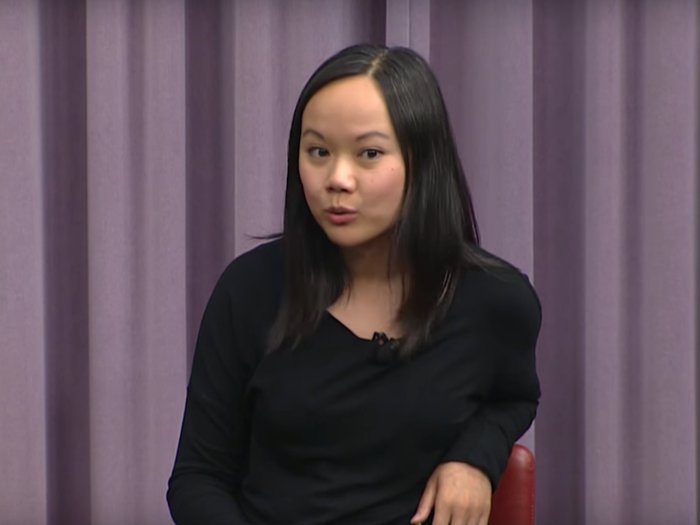
Founders: Tracy Young, Kenny Stone, Ralph Gootee, and Ryan Sutton-Gee
Funding: Since it was founded in 2011, PlanGrid has raised $66 million.
What it does: PlanGrid provides software to help construction companies execute building companies.
Why it's taking off: PlanGrid has plans to eliminate the need for paper blueprints. It's received interest from prominent venture capital funds like Sequoia Capital, Tenaya Capital, and Founders Fund.
Popular Right Now
Advertisement